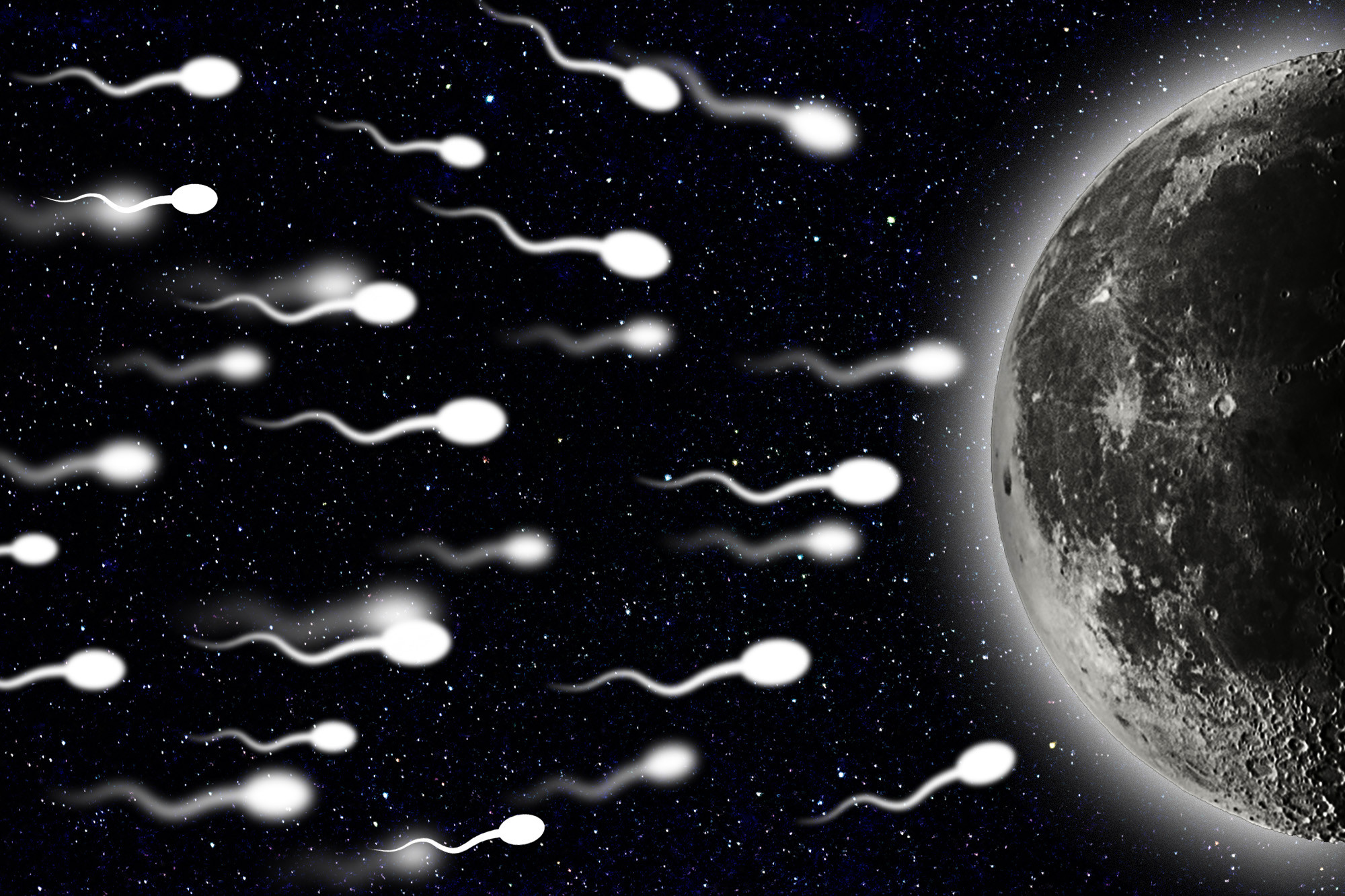
In the beginning, there was Adam and Eve. In the new beginning, it may just be astronaut sperm and Eve.
Spanish scientists have recently proven that frozen human sperm is viable in zero-gravity environments — as in outer space — creating the possibility of a cosmic sperm bank. The researchers presented their findings at the European Society of Human Reproduction and Embryology annual meeting Monday in Vienna, Austria.
“It’s not unreasonable to start thinking about the possibility of reproduction beyond the Earth,” says Dr Montserrat Boada, researcher at Dexeus Women’s Health in Barcelona, whose team worked with engineers at the Polytechnic University of Barcelona.
In theory, this could lead to male astronauts being replaced by all-female crews in order to reproduce while in space, the Daily Mail reports.
The concept isn’t as out-there as it might seem: In 2016, NASA published a paper arguing that single-sex crews are best for “cohesion during long-duration exploration missions,” and women are viewed as “more cooperative” in space, according to a 2014 study by the National Institutes of Health.
Previous studies found that space travel caused a “significant decrease in the motility” of live sperm, says Boada, but this is the first showing that frozen sperm are viable. Their sample analysis also looked at the vitality and concentration of reproductive cells and DNA fragmentation — all of which contribute to the fertility factor.
The Aeroclub Barcelona-Sabadell of Spain organized the gametes’ journey into space using a small aircraft called a CAP10. The vessel, frequently used in training, can create a low gravity environment for eight seconds, mimicking that of space flight. The 10 samples from 10 donors were sent into microgravity 20 times throughout the experiment.
They found the frozen space sperm matched terrestrial sperm in terms of DNA fragmentation and vitality, and performed at 90% when it came to concentration and motility. Boada says this 10 percent difference is” more probably related to heterogeneity of the sperm sample than to the effect of exposure to different gravity conditions.”
Boada says she hopes studies continue under more long-term conditions, eventually taking the research into actual outer space.
“If the number of space missions increases in the coming years, and are of longer duration, it is important to study the effects of long-term human exposure to space in order to face them,” says Boada, who admits it won’t be easy. “Our best option will be to perform the experiment using real spaceflight, but access is very limited.”
